Science & Society

Educators and Parents, Sign Up for The Cheat Sheet
Weekly updates to help you use Science News Explores in the learning environment
Thank you for signing up!
There was a problem signing you up.
-
 Computing
ComputingTeen-created software IDs skin conditions, risky drivers and more
Researchers at the 2023 Regeneron ISEF unveiled computer programs to diagnose skin conditions, warn of dangerous driving and translate sign language.
-
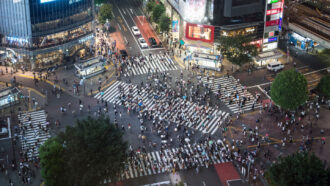 Math
MathMath explains why dense crowds form surprisingly orderly lines
New research into the behavior of moving groups of people adds to decades of study on the wisdom of crowds.
-
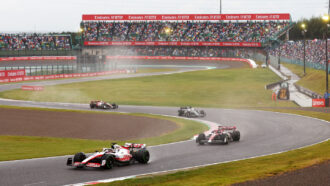 Humans
HumansRace car drivers usually blink at the same places in each lap
Blinking is usually thought to be somewhat random. But a new study tracking blinks in Formula One drivers shows it can be predictable — and strategic.
-
 Climate
ClimateFor greener toilets and air conditioning, consider saltwater
Using saltwater would allow coastal cities to save their freshwater for drinking and to reduce their carbon footprints. Some could save money, too.
By Laura Allen -
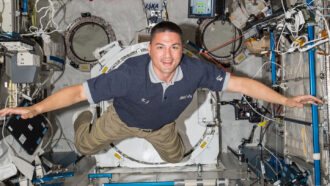 Space
SpaceThis astronaut took a winding journey into space
Astronaut Kjell Lindgren has flown into space twice and performed more than 100 scientific experiments. He is now part of the crew planning a return to the moon.
-
 Psychology
PsychologyDone right, online learning might be as engaging as face-to-face
Measures of stress offer clues to how engaged students are during online lessons. This could help teachers design more effective classes.
-
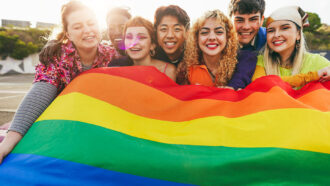 Psychology
PsychologySupportive spaces help LGBTQ+ youth thrive in school and beyond
Schools are safer and more welcoming when their policies respect and affirm LGBTQ+ students. Clubs can push for changes that boost kids’ mental health.
By Laura Allen -
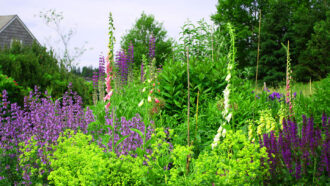 Environment
EnvironmentMaking yards more diverse can reap big environmental benefits
Replacing grass with native plants uses less water and fewer chemicals while providing additional benefits to people and wildlife.
-
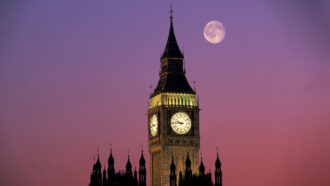 Space
SpaceHere’s why the moon must get its own time zone
But should moon time be like Earth time — or quite different? At issue: The moon’s lesser gravity will make seconds there tick faster than on Earth.
By Tammy Awtry -
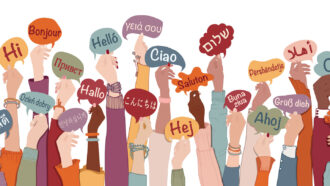 Brain
BrainLet’s learn about the science of language
The languages we speak may help shape how we see, smell and hear the world around us.
-
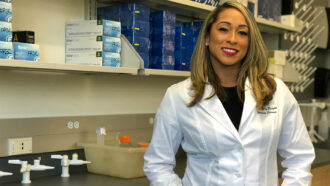 Chemistry
ChemistryThis forensic scientist is taking crime science out of the lab
Kelly Knight uses her past struggles and passion for forensics to inspire her students.
-
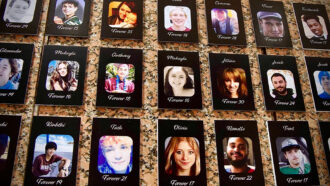 Health & Medicine
Health & MedicineFentanyl deaths have spiked among U.S. kids and teens. Here’s what to know
A pediatrician discusses how teens can protect themselves and their friends from this extremely deadly drug.